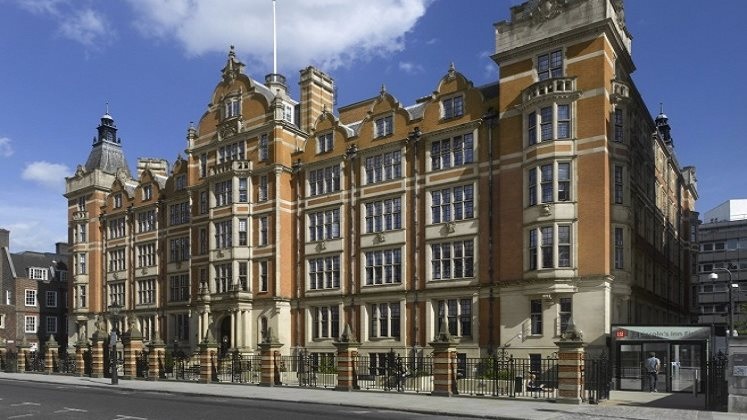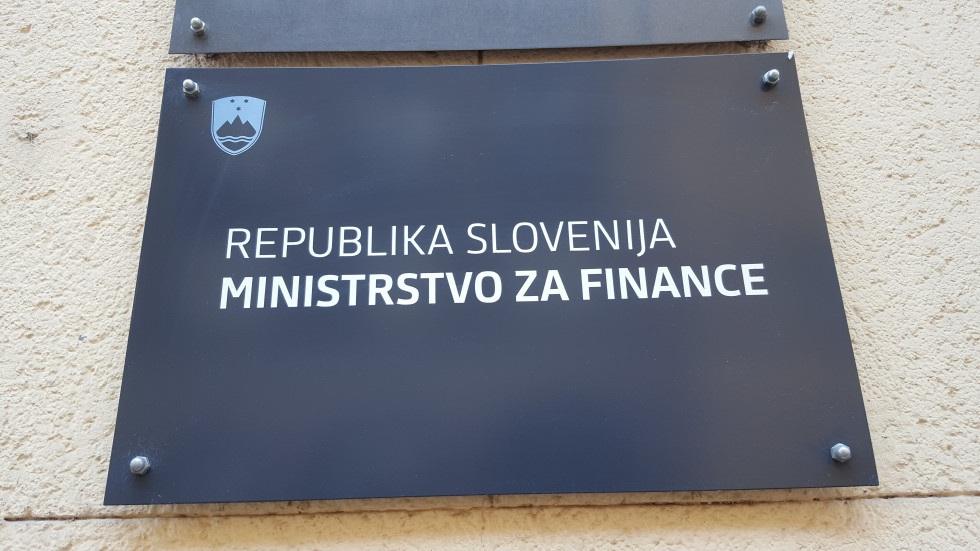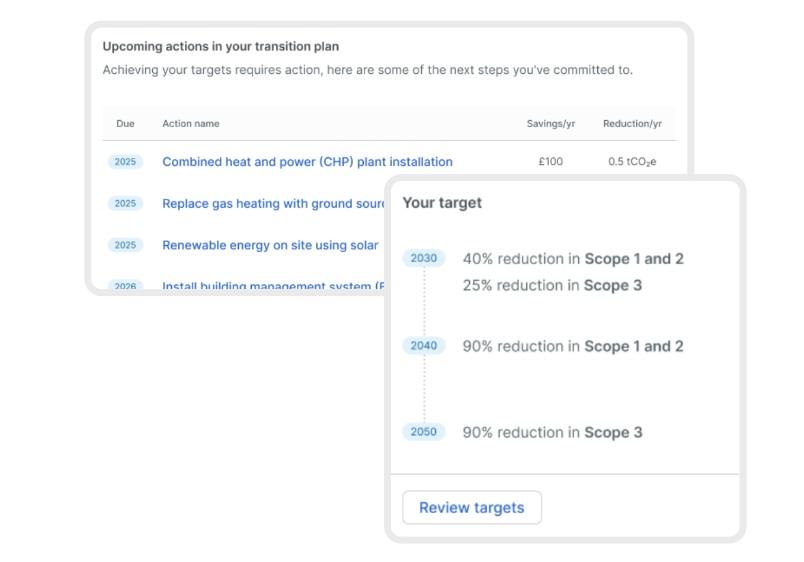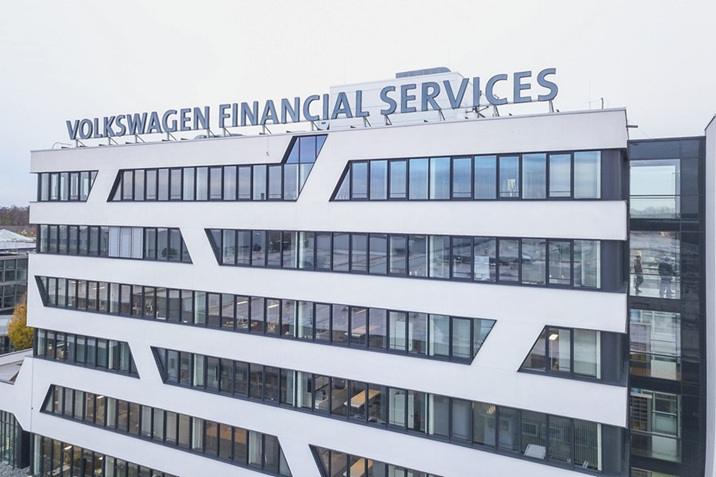London School of Economics Raises £175M for Green & Social Projects, Including a Net Zero Building
The London School of Economics and Political Science (LSE) announced that it has secured a £175 million Sustainable Private Placement to fund green and social projects at the school. One of the primary projects supported by the sustainable financing is the development of LSE’s first Net Zero Carbon building.
LSE’s Chief Finance Officer Mike Ferguson said:
“The overwhelming level of interest from investors in the School’s Sustainable Private Placement reflects both the financial strength of the School and its positive long term prospects in the higher education sector.”
According to LSE, the new building, 35 Lincoln’s Inn Fields (35 LIF) in central London, will be designed with sustainability, energy efficiency and carbon minimisation at its core. The building will overlook Lincoln’s Inn Fields Park, and will include adaptable spaces for teaching, research and conferences.
Head of Sustainability at LSE, Charles Joly said:
“LSE’s Sustainable Finance Framework is a testament to the School’s success in embedding sustainability across its activities, and its commitment to continue investing in environmental and social projects in years to come.”
The announcement follows the release by LSE of its new Sustainable Finance Framework, outlining aspects of financings including eligible uses of proceeds, processes to be used for project evaluation and selection, and reporting requirements.
Eligible environmental categories for investment for funds raised under the framework include green buildings, energy efficiency and carbon savings, sustainable water and wastewater management, renewable energy, pollution prevention and control, biodiversity conservation, and clean transportation.
Social categories include socioeconomic advancement and empowerment, such as training and developing staff advancing UN SDG themes, or supporting PhD scholarships for research to advance SDGs, and access to essential services including supporting students from underrepresented groups to access undergraduate education, or to provide scholarships to asylum seekers and refugees, among others.
LSE’s Director Minouche Shafik said:
“Securing this funding is a historic moment for LSE and a milestone on our journey to achieve our ambition to be the leading social science institution with the greatest global impact.”
The transaction was supported by NatWest, who also worked with LSE to develop the sustainable finance framework.
Sonia Gadhia, Director, Private Placements at NatWest, said:
“LSE’s strong focus on sustainability was an important factor for investors and contributed to the very strong demand, with investors willing to lend up to 50 years.”
Gustavo Brianza, Head of ESG and Debt Advisory, NatWest, added:
“The Framework underlines the pivotal role universities play in helping to solve some of societies’ key environmental and social challenges, as well as managing their own environmental footprint.”





